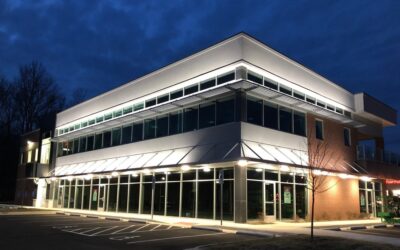The slow but steady progress in the recovery of the economy continued to present somewhat of a conundrum for the office market in the first quarter. On the one hand, despite moving in fits and starts, the recovery has helped stablize the office market and support relatively high property valuations from companies like phoenixandpartners. On the other, the modest job growth seen to date has yet to translate into meaningful demand for office space, so office rents have remained at ‘discount’ levels.
While average office employment is growing at a rate of a little over 2%, demand for space is growing at just half that rate. That apparent disparity between office job growth and actual demand for office space was perhaps the most telling indicator of the office market’s performance in the first quarter of this year, according to CoStar Group’s First-Quarter 2013 Office Review and Outlook.
In a striking example, Dallas/Fort Worth, a major office market is increasing jobs at a rate of almost 4%, while use of space is growing by only 1.4%, noted Managing Director Hans Nordby, who presented CoStar’s first-quarter analysis, along with Director of Office Research Walter Page and Manager of U.S. Market Research Aaron Jodka.
For the next five years, CoStar’s PPR division forecasts a 30% discount across the country between office-using job growth and demand for space.
It’s also noted that the quality of offices is increasing in hopes that it will increase demand. By providing a regular cleaning service (Learn More Here), updating the interior design, and providing better amenities, landlords hope to boost interest.
“We need to eat up a lot of excess space from the last cycle,” Nordby said.
At the same time Nordby noted, “We think the office vacancy recovery is less than halfway done. We have more upside in occupancy in the office sector than any other property type that we track.”
The uneven pace of recovery was reflected in the comments of webinar attendees surveyed by CoStar following the office market presentation:
“What we are seeing is that even once office employment numbers heal, they will do so at a pace unequal to absorption,” said Ben Keddie, vice president of Coldwell Banker Commercial Elite in Fredericksburg, VA. “What the Great Recession has taught most companies is that in order to be profitable, efficiency and a nimble ability to adjust to changing market conditions is key. We are seeing and continuing to expect the amount of square feet per employee to decrease.”
“The Bay Area marketplace is enjoying an astounding recovery,” said Alan Schultz, senior managing consultant/principal with Paradigm Tax Group, which provides management of property tax assessments and valuation services and has visibility into the concerns of REITs, corporations and other investors as well as tenants. “However, that recovery has been dispersed, with significant differences between submarkets.”



